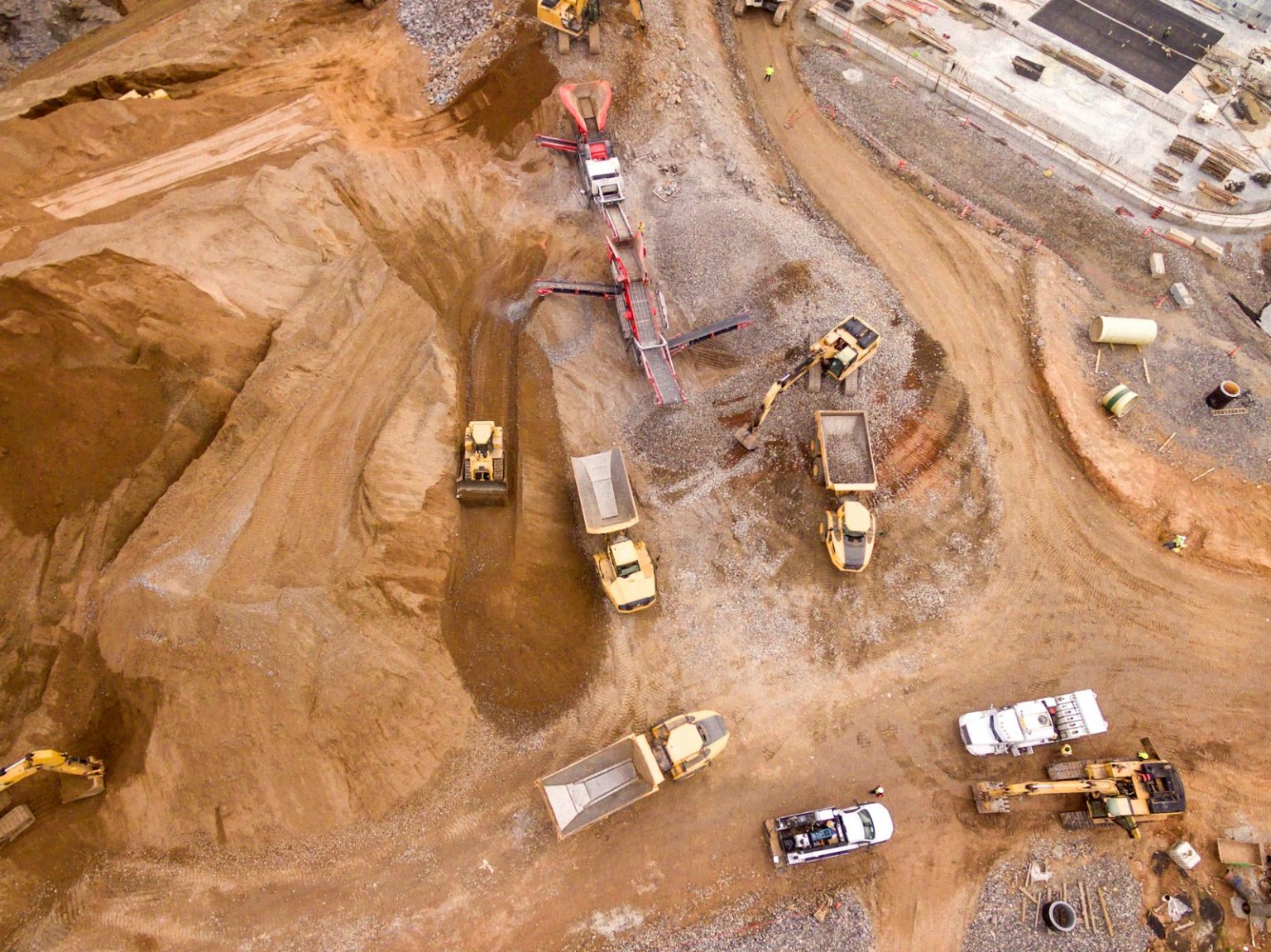Financial Relationships with Presidential Connections
According to the testimony, Gertler maintained financial ties with an unnamed associate of Congo’s former president while he was expanding his business interests in the country. These payments occurred during the same period when Gertler was acquiring significant mining and oil concessions in Congo.
The testimony does not specify the exact amounts transferred or the identity of the presidential associate. However, it confirms a direct financial relationship between Gertler’s business operations and individuals with close ties to Congo’s previous administration.
The former president referenced in the testimony likely refers to Joseph Kabila, who ruled Congo from 2001 to 2019. During Kabila’s tenure, Gertler established himself as a major player in Congo’s mining sector.
Share Arrangements and Local Partnerships
Beyond direct payments, Gertler’s testimony revealed that he held shares on behalf of both the presidential associate and local Congolese partners. This arrangement allowed Gertler to control mining assets while maintaining beneficial ownership structures that included politically connected individuals.
These share arrangements raise questions about the transparency of ownership in Congo’s mining sector during this period. By holding shares for others, Gertler effectively masked the involvement of certain parties in mining operations that generated significant revenue.
Mining industry experts note that such arrangements are not uncommon in high-risk jurisdictions but can create conflicts of interest when government-connected individuals benefit from decisions about national resources.
Asset Acquisition Strategy
The testimony sheds light on how Gertler built his mining empire in Congo. While maintaining relationships with political figures through payments and share arrangements, he simultaneously acquired valuable mining and oil assets for his personal portfolio.
Congo holds some of the world’s richest deposits of copper, cobalt, gold, and other minerals. The country’s eastern regions contain minerals essential for modern technology, including those used in electric vehicle batteries and smartphones.
During the period described in the testimony, Gertler secured rights to several major mining projects, including:
- Copper and cobalt concessions in the mineral-rich Katanga province
- Oil exploration rights in areas near Lake Albert
- Interests in diamond mining operations
The value of these concessions has been estimated in the billions of dollars, though exact figures remain disputed due to fluctuating commodity prices and incomplete production data.
Legal and Ethical Questions
Gertler’s testimony raises significant questions about business practices in Congo’s extractive industries. In 2017, the U.S. Treasury Department sanctioned Gertler, citing “hundreds of millions of dollars‘ worth of opaque and corrupt mining and oil deals” in Congo.
The arbitration testimony appears to provide additional context for some of the transactions that drew international scrutiny. Anti-corruption advocates have long argued that Congo’s mineral wealth has not benefited its population due to non-transparent deals with foreign investors.
The disclosure of these payment and share arrangements may have legal implications under both Congolese law and international anti-corruption statutes that prohibit improper payments to government officials or their associates.
Congo’s current government, under President Felix Tshisekedi, has pledged to increase transparency in the mining sector, though critics question whether meaningful reforms have been implemented.
As international pressure for supply chain transparency increases, particularly for minerals used in green technology, these revelations may prompt renewed scrutiny of historical mining deals in Congo and the business practices of international investors who profited from them.







